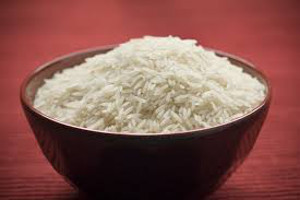 mission is about to remove compulsory best-before labels on coffee, rice, dry pasta, hard cheeses, jams, and pickles to help reduce the estimated 100 million tons of food wasted across Europe each year. Brussels will pitch proposals next month allowing national governments to extend the list of foods that do not require best-before dates; the move will mean 15 million tons of waste per year will be saved.
mission is about to remove compulsory best-before labels on coffee, rice, dry pasta, hard cheeses, jams, and pickles to help reduce the estimated 100 million tons of food wasted across Europe each year. Brussels will pitch proposals next month allowing national governments to extend the list of foods that do not require best-before dates; the move will mean 15 million tons of waste per year will be saved.The ruling follows a call by Sharon Dijksma, the Dutch agriculture minister. She said in a meeting of EU officials and farming ministers:
"We would like to start with products you have in your home for a long time, like pasta, rice or coffee. The labels have nothing to do with safety but with quality. We think citizens can make sure themselves if, for instance, rice is still usable."
One of her central messages was that consumers can discern for themselves when food has gone off, and that minor changes such as "bit of a change in colour" should not lead to foodstuffs being thrown away: "Approximately 15 per cent of food waste is caused by expiry dates on packaging."
As it stands 89 million tons of food goes to waste each year across Europe.
The change, which was proposed most recently in a 13 May letter to the EU’s Agriculture and Fisheries Council, seeks to limit the amount of food unnecessarily discarded by Europeans owing to misunderstandings about what the "best before" labels actually mean.
The letter, which was drafted and supported by the Netherlands, Sweden, Austria, Denmark, Germany and Luxembourg delegations to the EU, lays out the concept that there is a huge savings to be had by changing the rules about "best before" labelling.





